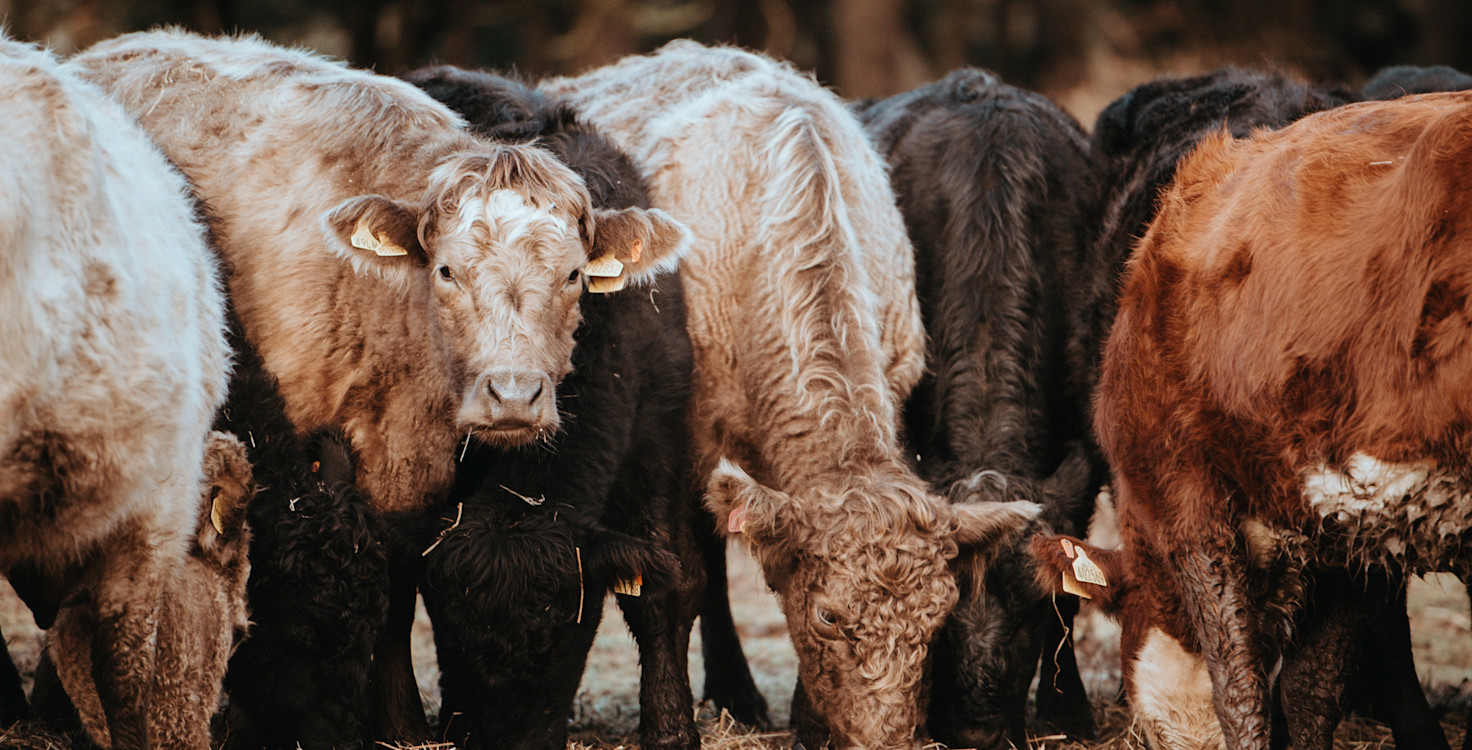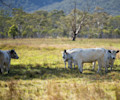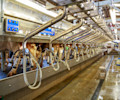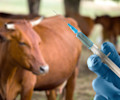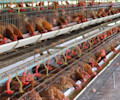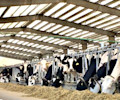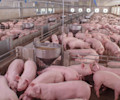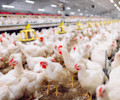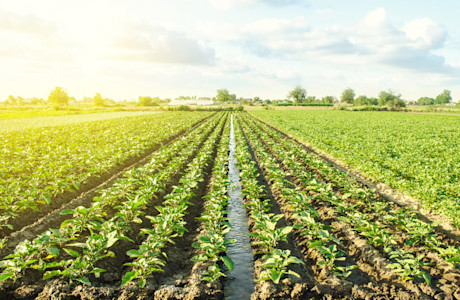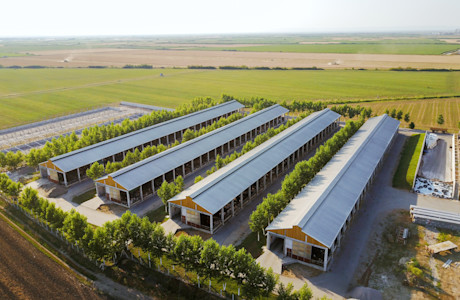Material risks of dairy farming and their impact on investors
The dairy production industry is exposed to a plethora of ESG risks surrounding climate change and animal welfare in particular. By its nature, dairy production is animal intensive. The average cow releases between 70 and 120 kg of methane per year and the negative effect of methane on the environment has been found to be 23 times more than the effect of CO2. Meanwhile, the transportation of cattle in the dairy industry also contributes to pollution, while inhumane methods for transporting the animals have also been uncovered. Furthermore, FAIRR’s research report Managing environmental risks in meat and dairy supply chains found that agricultural emissions, including those from dairy, are on track to contribute approximately 70% of total allowable greenhouse gas (GHG) emissions by 2050.
Additionally, issues surrounding animal welfare within the dairy production industry are of grave concern. The use of solitary pens and closed confinement needs to be addressed by the industry. Meanwhile, the brutal process of impregnating cattle and taking baby calves from their mothers, often within 36 hours of being born is a systemic issue facing the industry.
Like much of the farmed animals industry, the dairy production industry is largely lacking on legislation protection worker’s safety. Emerging legislation on a number of issues including the industry’s huge environmental footprint, animal welfare and labour rights make the industry highly susceptible to ESG risks. Findings in the Coller FAIRR Index also echoed this point. The Index found that many dairy companies provide little or no evidence on working conditions at their factories.
Similarly, with so many non-dairy alternatives emerging, the dairy production industry is likely to experience significant disruption in the near future. Consumers now have an increasing amount of choices available to them. As such, dairy companies falling behind in ethical and sustainable ESG practices will experience financial losses due to poor brand recognition and damaged consumer confidence.
Pollution risks in dairy production
Agriculture is one of the largest polluting sectors in the world, responsible for 14.5% of all greenhouse gas emissions, with farmed animals the biggest contributors. Dairy cows contribute to their emissions through feed production, transportation, manure and processing. Improper manure and fertilizer management can degrade local water resources. Additionally, unsustainable dairy farming and feed production can be linked to deforestation and result in the loss of ecologically important areas.
Animal welfare issues
Dairy production through intensive livestock farming has grave concerns surrounding animal welfare. Consumers are gradually becoming more aware of welfare issues in farming, heightening risks for companies. Closed confinement and solitary pens are a major issue facing the dairy production industry. Practices for impregnating cattle, such as artificial insemination from the age of 15 months are another concern.
Worker safety in the dairy industry
Nearly 45% of dairy companies assessed in the Coller FAIRR Index provide little or no evidence of their current management of risks associated with working conditions. Vietnam Dairy was found by the Coller FAIRR Index to be of medium risk on worker safety.
FAIRR insights are written by FAIRR team members and occasionally co-authored with guest contributors. The authors write in their individual capacity and do not necessarily represent the FAIRR view.
